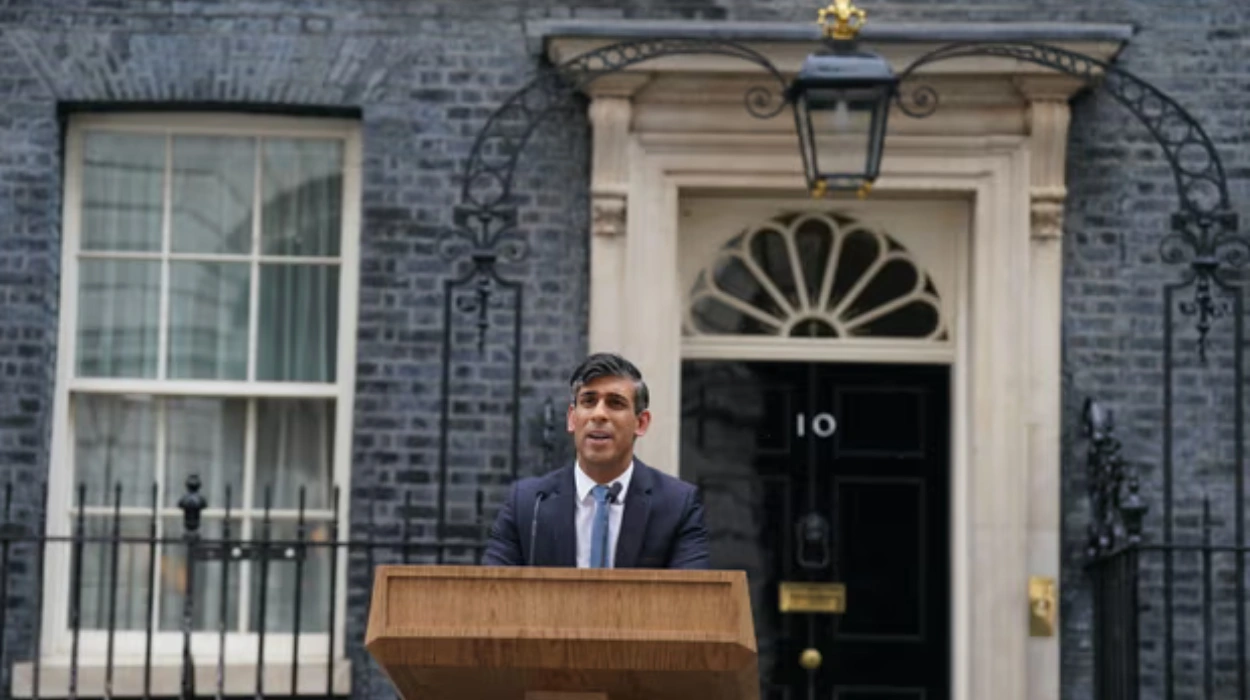Prime Minister Rishi Sunak shocked the political landscape by announcing a general election scheduled for July 4, a date much earlier than many had anticipated. This significant move comes on the heels of the prorogation of Parliament on May 24, which allowed the Government a two-day “wash-up period” to pass pending legislation. The formal dissolution of Parliament followed on May 30, halting all parliamentary activities and marking the start of a transitional phase that will last until after the election.
During this period, all new consultations will be temporarily paused, and the release of statements and reports will be delayed unless deemed essential for the election campaign. Parliamentary functions are expected to resume on or after July 9, allowing newly elected or re-elected Members of Parliament (MPs) to return to their ministerial duties.
Reflecting on the King’s Speech 2023
As we approach this pivotal election, it’s worthwhile to reflect on the King’s Speech delivered earlier in 2023. This address highlighted a total of 30 Government Bills introduced during the 2023-24 parliamentary session, out of which 18 received Royal Assent and were enacted into law. This outcome reflects a success rate that is notably lower than the average achieved in previous sessions, indicative of the ongoing political and economic instability that has characterized recent governance. Similar patterns were evident during the 2022-23 session, suggesting that external pressures may be hindering legislative progress.
Among the significant legislative changes, the Media Act 2024 stands out as the most substantial overhaul in media regulation in two decades. Swiftly passing through its remaining stages in the House of Lords, the Bill was enacted into law on May 24, 2024. However, concerns have emerged regarding the lack of scrutiny it received, primarily due to the speed of its progression, signaling a need for a deeper understanding of its implications within the media landscape.
Additionally, the Terrorism (Protection of Premises) Bill, known colloquially as “Martyn’s Law,” was subject to pre-legislative scrutiny and a comprehensive Government engagement program. While the draft Bill aimed to address critical safety measures, it ultimately was not formally introduced to Parliament, following extensive feedback related to the proposed standards for duty premises, referred to as the “standard tier.”
Looking Ahead
As the nation prepares for the upcoming general election, the political landscape remains charged with uncertainty. The early election date has sparked discussions about the implications for government continuity, the potential for new leadership, and the pressing need for effective legislative action. The outcomes of this election could significantly shape the direction of policy and governance in the UK, marking a turning point in the current political climate.
The upcoming weeks will be critical as political parties ramp up their campaigns and seek to engage voters on the key issues facing the country. As we await the results, the focus remains on the path forward and the ability of the new or re-elected MPs to address the challenges that lie ahead.


